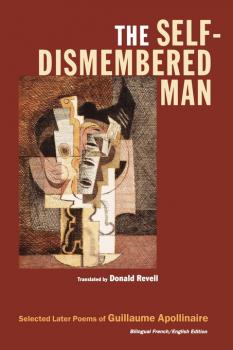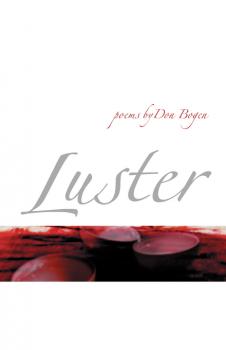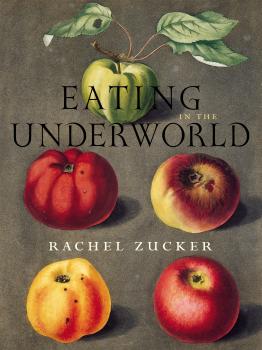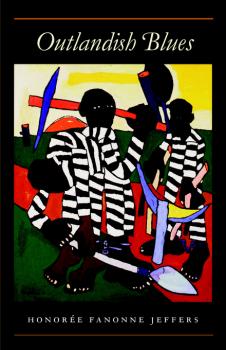Ingram
Все книги издательства IngramMaking Beats
<P>Based on ten years of research among hip-hop producers, Making Beats was the first work of scholarship to explore the goals, methods, and values of a surprisingly insular community. Focusing on a variety of subjects—from hip-hop artists' pedagogical methods to the Afrodiasporic roots of the sampling process to the social significance of «digging» for rare records—Joseph G. Schloss examines the way hip-hop artists have managed to create a form of expression that reflects their creative aspirations, moral beliefs, political values, and cultural realities. This second edition of the book includes a new foreword by Jeff Chang and a new afterword by the author.</P>
The Self-Dismembered Man
<P>Guillaume Apollinaire's final years exactly coincided with the clamorous advent of European Modernism and with the cataclysms of WWI. In The Self-Dismembered Man, poet Donald Revell offers new English translations of the most powerful poems Apollinaire wrote during those years: poems of nascent surrealism, of combat and of war-weariness. Here, too, is Apollinaire's last testament, «The Pretty Redhead,» a farewell to the epoch that he—as poet, convict, art-critic, artilleryman and boulevardier—did so much to conjure and sustain until his death on Armistice Day in 1918. Readers of Apollinaire's more familiar early work, Alcools (Wesleyan, 1995), will find here a darker and yet more tender poet, a poet of the broken world who shares entirely the world's catastrophe even as he praises to the end its glamour and its strange innocence. This English translation, facing the original French, illuminates Apollinaire's crucial and continuing influence on the European and American avant-garde. The volume includes a short translator's preface.</P>
Eating in the Underworld
<P><B>Winner of the Strousse Award fro Best Group of Poems (2002)</B></P><P>In Rachel Zucker's re-imagining of the Greek myth, Persephone is a daughter struggling to become a woman. Unlike the classical portrait of a maiden kidnapped by a tyrant, Zucker's Persephone chooses to travel to the Underworld and assume her role as Hades' queen. Caught between worlds—light and dark, innocence and power, a mother's protection and a lover's appeal—Persephone describes the strangeness of the Underworld and the problems of transformation and transgression. The arrangement of Zucker's poems reflects Persephone's travels between the Underworld and the Surface. Both spare and lyrical, they are written as entries in Persephone's diary and as letters between Persephone, Demeter, and Hades. The language—strange, urgent, direct—is pulled and changed as Persephone journeys from one world to another revealing the struggle of unmaking and remaking the self.</P>
The Constructivist Moment
<P><B>Winner of the American Comparative Literature Association's Rene Wellek Prize (2004)</B></P><P>As one of the founding poets and editors of the Language School of poetry and one of its central theorists, Barrett Watten has consistently challenged the boundaries of literature and art. In The Constructivist Moment, he offers a series of theoretically informed and textually sensitive readings that advance a revisionist account of the avant-garde through the methodologies of cultural studies. His major topics include American modernist and postmodern poetics, Soviet constructivist and post-Soviet literature and art, Fordism and Detroit techno—each proposed as exemplary of the social construction of aesthetic and cultural forms. His book is a full-scale attempt to place the linguistic turn of critical theory and the self-reflexive foregrounding of language by the avant-garde since the Russian Formalists in relation to the cultural politics of postcolonial studies, feminism, and race theory. As such, it will provide a crucial revisionist perspective within modernist and avant-garde studies.</P>









